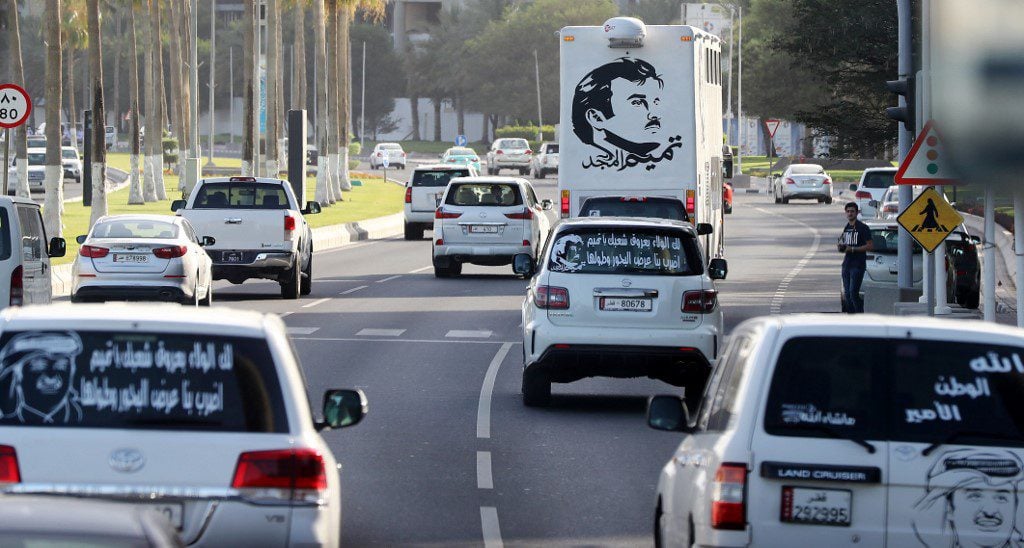
On 5 June 2017, Saudi Arabia, the United Arab Emirates(UAE), Egypt, Bahrain, the Yemeni government-in-exile, and the Libyan government based in the eastern part of the country cut diplomatic ties with Qatar. The tiny gas- and oil-rich country, which for years has been punching above its political weight, saw itself facing its most severe diplomatic crisis since it declared its independence from Britain on 3 September 1971.
Saudi Arabia, Egypt, the UAE, and Bahrain added that they would halt land, air, and sea traffic with Qatar, eject their diplomats and order their nationals living in Qatar to leave.
This was with the exception of Egypt, which has around 250,000 expats living and working there. Moreover, Qatar was expelled from the Saudi-led coalition fighting the Houthi rebels in Yemen. The crisis expanded days later when Mauritania, the Maldives, and Mauritius also announced they were cutting diplomatic ties with Qatar.
The coordinated move, which escalated a longstanding dispute over Qatar’s alleged support of Islamist groups, created uncertainty in the country, which shares its only land border with Saudi Arabia and imports an estimated 40 percent of its food from the kingdom.
Photographs of Qatari supermarkets with empty shelves and long queues of people stockpiling food flooded social media and news websites. Qatar’s Ministry of Foreign Affairs said the measures were unjustified and based on fake news, a reference to claims that the website of its state-run news agency had been hacked in late May 2017. Qatar accused other Gulf states of violating its sovereignty as the Qatari stock market tumbled and oil prices rose.
Qatar agreed for the US to send the FBI to Doha to help the Qatari government in its investigation into the alleged hacking incident that contributed to the crisis. On 7 June 2017, CNN reported that the intelligence gathered by the US security agency indicate that Russian hackers were behind the breach.
On 30 May 2017, the Saudi-owned al-Arabiya news website published a series of demands that diplomatic sources said would be ‘binding’ in any agreement reached between Qatar and other members of the Gulf Cooperation Council(GCC). These demands include:
1. Stop interfering in the internal affairs of Gulf states and Arab countries.
2. Stop incitement through Qatari media channels.
3. Halt the naturalization of any more citizens from other Gulf states.
4. Stop incitement against Egypt through its policies.
5. Stop supporting the Muslim Brotherhood Islamist group.
6. Deport persons who are hostile to other GCC countries from Qatar’s territories, especially members of the Muslim Brotherhood.

